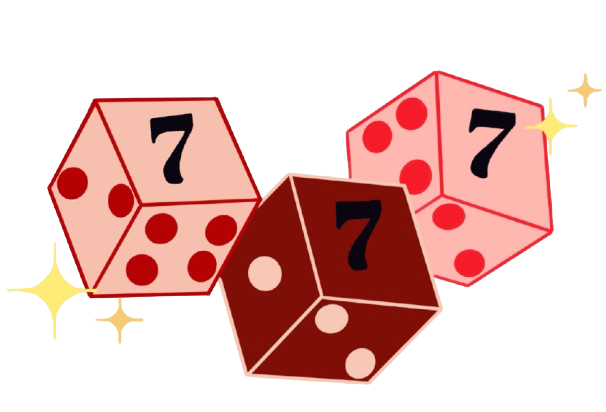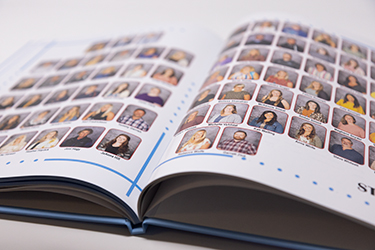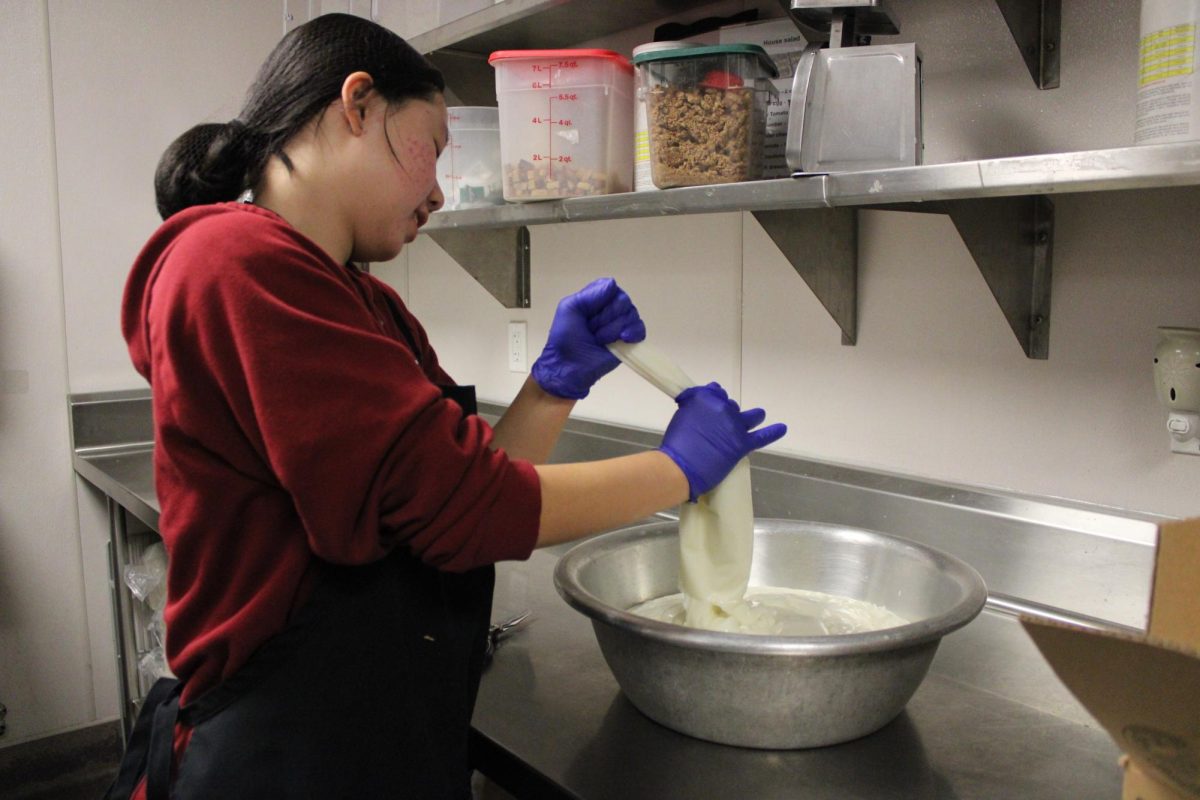Pick a number from one to 10. Which number did you pick?
You most likely picked seven.
While there is a mathematical explanation for why seven is the statistically common choice, culturally, seven’s symbolic connection to religion and mythology has made it a popular number for thousands of years. But what exactly makes a number like seven special?
Today, old traditions favoring certain numbers are generally obsolete — there is hardly any serious belief in lucky numbers in popular culture, at least in America. While there are fun gimmicks such as fortune cookies, which may contain strips with lucky numbers, most consider lucky numbers to be arbitrary and don’t take superstitions regarding them very seriously. At FHS, this sentiment appears to hold true.
“I don’t really use my lucky number,” FHS senior Jayden Kanuch said. “I think [I use it] just for, like, passwords.”
Kanuch also expressed skepticism towards the ways in which lucky numbers have been woven into modern life and entertainment through things like fortune cookies.
“I think it’s just people making that up and it’s not really luck,” Kanuch said.
FHS senior Wesley Hubel thinks similarly, also adding that there aren’t cultural influences on the lucky numbers he has.
“No, I don’t think it’s really affected me,” Hubel said.
Both Kanuch and Hubel chose their lucky numbers based on personal experiences, like classroom numbers and soccer jerseys, rather than the numbers’ historical or cultural ties to their own identities. For them, lucky numbers — while a fun thing to claim — are not personally significant.
By contrast, in many cultures since ancient times, great emphasis was often placed on numbers and the meanings associated with them. In China, the number eight is known as very lucky due to its auditory similarity in Chinese to words like “wealth”; thus, the number symbolizes prosperity. On the flip side, the number four is unlucky for sounding similar to the Chinese word for death. Such superstitions have various effects; for example, Chinese apartments located on the fourth floor may cost less than those on other floors due to the unlucky quality of the number four.
Seven derives its luck in part from Christianity. Seven has many notable ties to the Bible — such as God resting on the seventh day after six days of creation — and it is believed that the number seven represents God. That being said, there are other reasons for seven’s popularity, especially in 2024 where Christianity has significantly declined in America over just the last few decades alone. For one, seven is the largest prime number from one to 10, and its uniqueness in this respect is appealing in itself. Seven is also a number seen everywhere; there are seven continents, seven wonders of the world, seven days of the week. Seven inevitably stands out.
While lucky numbers do not hold quite the same weight anymore, they still have a certain charm that doesn’t go away even as the years pass, and continue to influence lives around the globe.





















